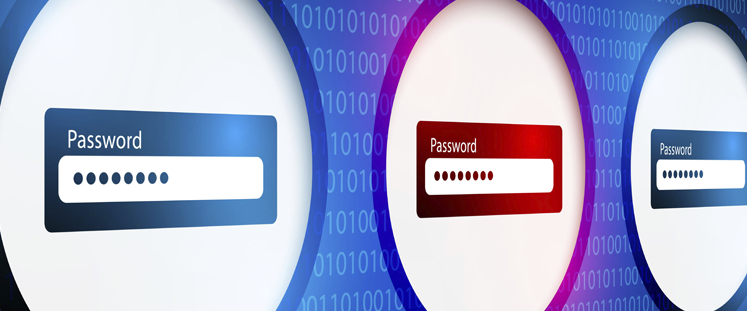Ah, managing your passwords can be tough!
If you work in an office, you probably have one for your computer, one for your network, and one or more for access to the web and your applications. Add those to the ones that you have for your home computer, your banking, and other password-protected websites, and before you know it managing your passwords can be a nightmare.
Part of the problem is the varying requirements for password formatting. Some systems require four characters, some eight. Some need a combination of letters and numbers. Others require capitals and special characters. It can be maddening.
There are password management programs that can help with this important task—LastPass for example. But even LastPass can only function as well as your passwords and will require changing your master password from time to time. The best general advice is to start with these six tips on managing your passwords right away. Password software can be useful as an organizational tool, but it is no match for using sound methods to manage and make your passwords difficult to crack.
1. Make them complex. People who use easy-to-remember or short passwords are inviting disaster. When managing your passwords, use a little imagination. Stay away from birth dates, phone numbers, house numbers, names, or phrases associated with your life.
2. Keep passwords unique. When you change your passwords, make them unique from each other. Do not use the same password on all of your sites otherwise, you are making every one of your password-protected sites vulnerable to hackers who can log on and steal your identity, money or destroy your reputation.
3. Be obscure. Use a combination of letters, numbers, capital letters, and special characters if possible. The more you do this, the more secure your passwords will become. Create an alphanumeric version of a term you can remember. Using this technique the word “Spaceship” becomes “Sp@ce5h!p”.
4. Change regularly. If you ignore all other tips on managing your passwords, do not ignore this one! This is the one that can save you. The more often you change your passwords, the better off you are. The longer you leave it the same, the more vulnerable you become. Three months is a good cycle for a password, but certainly, if you fear for the security of your identity, then a monthly change is not out of the question.
5. Password-protect your PC. Be sure to give your PC a login password on power-up. This will help protect your files by preventing unrestricted access to your PC.
6. Password-protect your wireless networks. If you have a wireless network, be sure to password-protect it using the same principles mentioned above. This will prevent others from accessing your connection and using it maliciously to hack the computers you and your family use at home.


